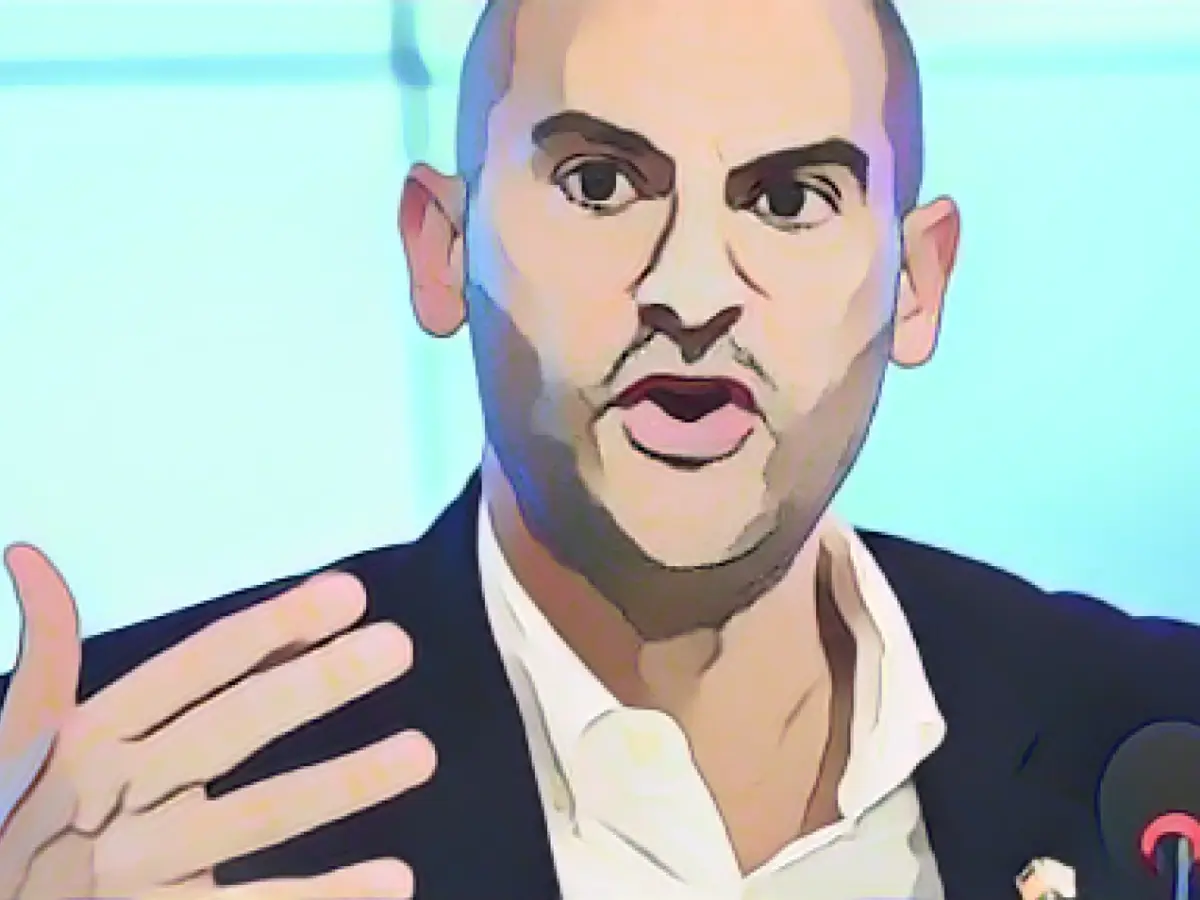Financial scrutiny in Baden-Württemberg - Budget policy under review
Streaks of uncertainty loom over Baden-Württemberg's budget policy as they undergo a thorough legal review. The revelation came to light from "Badische Zeitung," citing their Finance Minister, Danyal Bayaz. The purpose behind this prudent legal review? To maintain an air of certainty and clarity in their financial future, amidst the tumultuous backdrop of the federal budget crisis.
Bayaz confirms that Baden-Württemberg steered clear of squandering emergency loans in the wake of the coronavirus pandemic like the federal government did. However, the ruling from the Karlsruhe Constitutional Court had an implication: these loans could only be employed in the same financial year as the crisis was declared. Baden-Württemberg did resort to the authorization of credit against the Corona in 2022, yet Bayaz seeks answers to burnishing questions. Namely: should the crisis be declared anew each time for such utilization, and does this determination apply to other credit authorizations as well?
Acclaimed constitutional lawyer and expert in financial and tax law, Hanno Kube, from the University of Heidelberg has been commissioned to lend his knowledge and insight. The report is anticipated to be finalized in the first quarter of 2024.
The reassuring words from Minister President Winfried Kretschmann (Greens) in Stuttgart echoed confidence: "We've done our part in good faith and conviction," he proclaimed. "There's no question of any monetary payback." Nonetheless, in light of this impending review, Kretschmann acknowledged the need for modifying the state's budget practices for the future, should the need arise.
The one-year period does not hold a place in the state constitution, alerting public officials to consider whether this arrangement held weight or warranted an amendment. Creeping crises are not wedded to the calendar year, Krtschmann reminded.
This examination stems directly from the ruling by the Federal Constitutional Court, which declared reallocating Corona loans to fund climate protection and industrial modernization unlawful. Simultaneously, the court strictured the state from setting aside emergency loans for later years. This legal setback created a billion-euro void in the forthcoming budget and funding projects in the ensuing years.
The fallout of the BVG ruling and the federal budget crisis upon Baden-Württemberg remains to be seen, yet Kretschmann underscores that supplanting missing funds from the federal government through the state budget isn't an option in the face of mixed financing.
Scathing criticisms were fired at Finance Minister Bayaz's strategy by the FDP parliamentary group. They argue that the state government procured 7.2 billion euros in debt in 2020 through emergency regulations, but only had completed spending close to 4 billion by year's end and the remainder in subsequent years. The long-standing allegation faults Bayaz for delaying recuperation from the pandemic's aftermath, pushing the state government to usurp the rule of annuality.
The German Trade Union Confederation chairperson in Baden-Württemberg, Kai Burmeister, backs special funds to advance environmental, industrial, and social objectives. He lauds these requirements as tasks for the century, demanding hefty investment to meet such objectives.
References:
- "Koronakrise: Verfassungsrichter bestätigen Corona-Maßnahmen."
- "Vorlage für parlamentarischen Vertreter des deutschen Investitionsfivehs - Corona-Schwarmrückendeckung."
- "Rhineland-Palatinate Relieves Municipal Debt by Assuming Liquidity Facilities."








